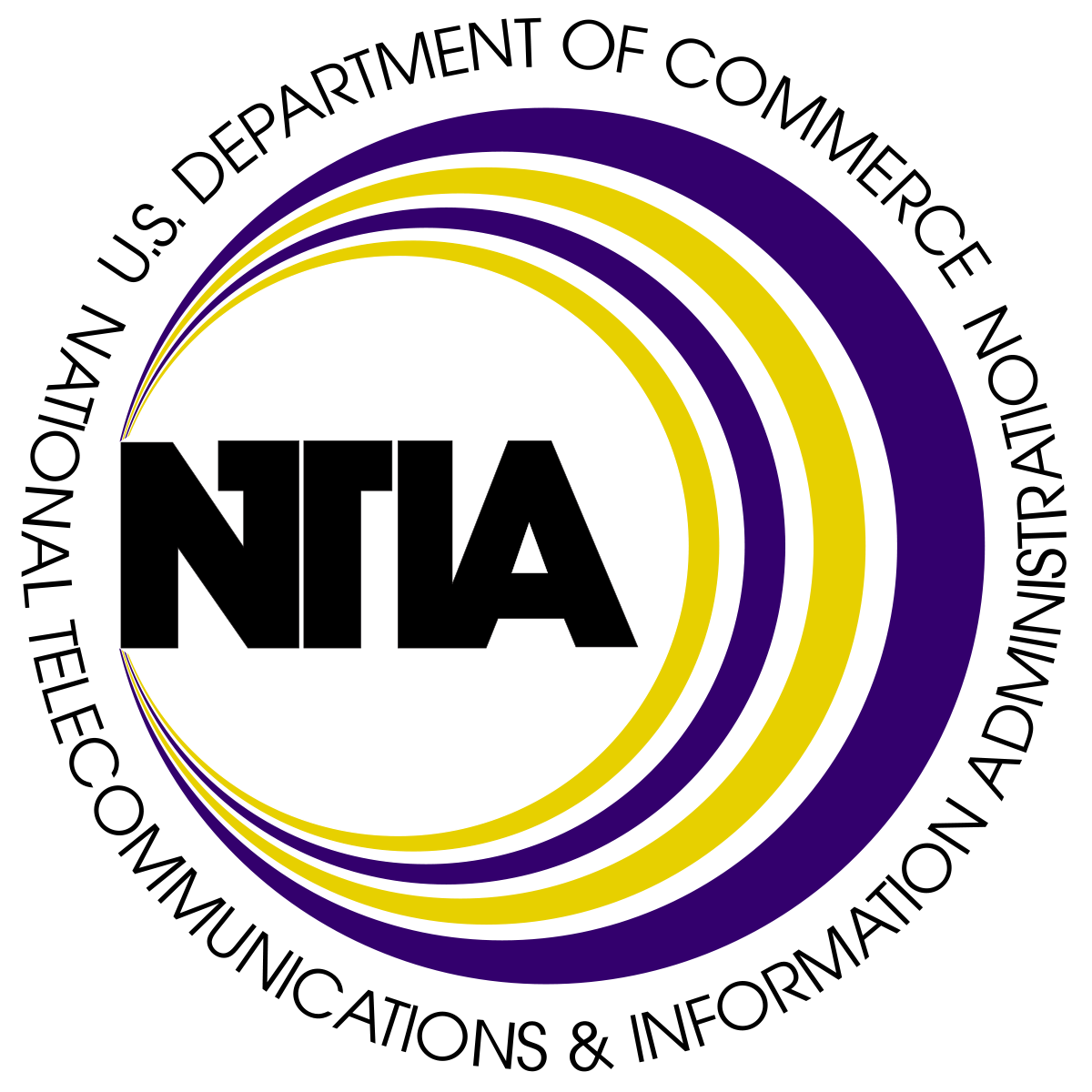President Biden’s Infrastructure Investment and Jobs Act (IIJA) has given the executive branch $65 billion in new broadband infrastructure deployment funds to administer. A large portion of this money will be doled out by the National Telecommunications and Information Administration (NTIA), an obscure but powerful agency housed within the Commerce Department.
While readers of this blog will be familiar with the Department’s corporate-friendly Secretary Gina Raimondo, the NTIA’s leadership is less well-known to the public at large. One such leader is Associate Administrator Douglas Kinkoph, a former telecom lobbyist who oversees a host of broadband grant and digital equity programs for tribal and minority communities. With the signing of IIJA into law, Kinkoph is now poised to oversee the implementation of $48 billion in new broadband program funding, including the “Broadband Equity, Access, and Deployment (BEAD) Program, Middle Mile Broadband Infrastructure Program, and Digital Equity Programs.”
As American society becomes increasingly reliant on the internet for commerce, education, and social interaction, access to high-speed broadband service has become a necessity. However, according to the Pew Charitable Trusts, it is a necessity that more than 21 million people – predominantly rural, Black, Hispanic, and Native communities – still lack. The pandemic has heightened the stakes of this divide, making access to a high-speed internet connection a daily necessity for work, school, commerce, and public health. Without rapid broadband expansion to neglected communities, millions will be unable to receive a quality education, earn a living, or even “Google ‘COVID test near me’”.
Kinkoph’s authority over the IIJA funds has troubled digital equity advocates, who are concerned by his lack of experience in digital equity issues. According to Kinkoph’s official biography and LinkedIn page, he served as a lobbyist for telecom companies LCI International and XO Communications from 1986 to 2007, and as an executive for teleconferencing firm Soundpath Conferencing from 2007 to 2009. During his time in the private sector – where he spent all but the last eleven years of his career – Kinkoph’s primary areas of focus were “Operations, Sales, Marketing, Regulatory and Legislative Affairs, and Real Estate.” Absent from his corporate resume is any mention of involvement in digital equity initiatives.
“The Biden Administration has tapped a former telecom lobbyist with no documented background in digital equity or broadband deployment to head the office in charge of both,” internet freedom activist Sascha Meinrath told the Revolving Door Project in an email this week. “Hundreds of remarkably qualified digital equity experts – many of whom hail from the communities these programs aim to serve – were passed over to do this. This remarkable disregard for expertise lays the foundation for a failed program that’ll further harm underserved constituencies everywhere.”
Meinrath, the founder of digital equity think tank X-Lab, also expressed concern over Kinkoph’s recent sluggish rollout of NTIA broadband programs. According to Meinrath, the Tribal Broadband Connectivity grant program, which was allotted $980 million by Congress in 2020, has missed several statutory deadlines for grant disbursement and only awarded $2.4 million (0.2% of total funds) last year to tribal groups seeking to expand their broadband access (leaving out many tribes who lacked the basic broadband access to apply for grant funding). The Broadband Infrastructure Program and Connecting Minority Communities Pilot Program — two other initiatives under Kinkoph’s supervision — are likewise behind schedule and did little more than invite public comments and conduct outreach events last year.
“Rather than approaching poor U.S. broadband connectivity as a serious crisis necessitating immediate action, Biden’s teams have proven lackadaisical in their approach to the problem — to the point of missing multiple statutorily-mandated deadlines,” says Meinrath. “Biden’s NTIA, already in violation of federal law, has yet to issue any plan for getting NTIA back on track; and Biden’s team has consistently ignored warning signs and expert advice concerning how to implement a comprehensive, timely broadband intervention.”
NTIA’s lack of capacity and transparency around staffing is also a major concern for Meinrath. As previously highlighted on this blog, several broadband offices at NTIA are understaffed and lack publicly-available staff lists and landing pages, creating significant communications roadblocks for equity advocates and a dearth of expertise at the agency. Meinrath calls the staffing situation at NTIA a “recipe for total dysfunction, [where] no one is accountable by name for missing statutory mandates and breaking federal broadband policy requirements.” According to Meinrath, Kinkoph has yet to outline any sort of detailed plan for how the agency will address NTIA’s lack of personnel, despite a mounting backlog of nearly 300 tribal broadband grant applications and a looming budget showdown to keep the government funded after February 2022 (the first major post-Trump opportunity for the agency to boost its staffing and funding levels).
The administration’s failure to listen to digital equity advocates’ recommendations on IIJA implementation is at odds with President Biden’s stated promise to “make high speed internet affordable and available everywhere in America.” It is strange that the administration has chosen Kinkoph to lead IIJA implementation when it has the power to select anyone else to take his place (it would be quite simple, as Kinkoph’s position is an executive appointment that does not require Senate confirmation). As Meinrath notes, a proven expert on digital equity who has worked in the issue space for years or hails from a historically underserved community themselves would be a stronger pick for the job.
If Biden wishes to fulfill his promises and close the digital divide, he must hire these experts to lead and staff the NTIA as soon as possible.

